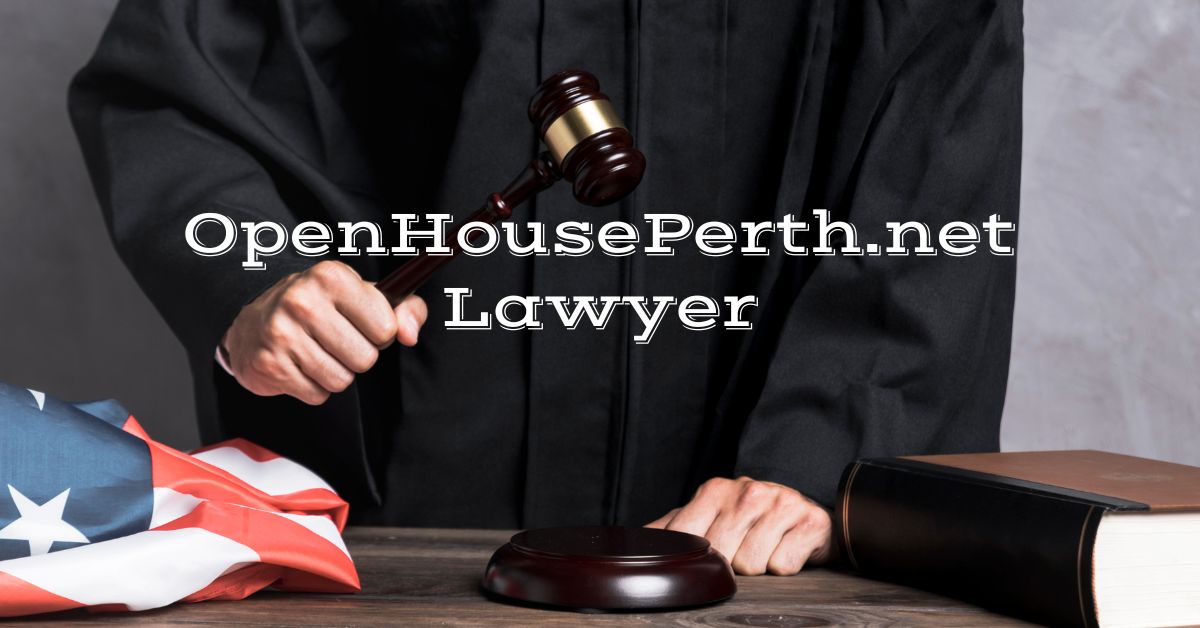Open House Perth is an annual event that invites the public to explore the architectural wonders of Perth, Australia. It provides a unique opportunity for the community to engage with architecture, design, and heritage. While this event fosters appreciation for built environments, it also brings to the forefront several legal considerations that both organizers and participants should be aware of. In this article, we will discuss the key legal aspects relevant to Open House Perth, particularly from the perspective of a lawyer.
1. Event Planning and Permits
Organizing an event like Open House Perth involves navigating various legal requirements, including obtaining permits and licenses. This may include:
- Public Liability Insurance: Ensuring the event has adequate coverage in case of accidents or injuries.
- Venue Agreements: Securing contracts with property owners to access buildings and ensure compliance with their policies.
- Local Government Approvals: Obtaining necessary approvals from local authorities to hold the event, especially if it involves street closures or public gatherings.
2. Intellectual Property Rights
The design and architecture showcased during Open House Perth may involve various intellectual property rights, such as:
- Copyright: The original designs and plans of buildings are typically protected by copyright law. Organizers must ensure they have permission to display and promote these works.
- Trademarks: If the event has a specific branding or logo, it’s essential to protect these elements to prevent unauthorized use.
3. Health and Safety Regulations
Given the public nature of the event, adherence to health and safety regulations is crucial. This includes:
- Risk Assessments: Conducting thorough assessments to identify and mitigate potential hazards associated with building tours.
- Emergency Procedures: Developing clear procedures for emergencies, ensuring all staff and volunteers are trained accordingly.
4. Liability Issues
With many participants visiting various properties, liability issues can arise. Organizers should consider:
- Waivers and Disclaimers: Utilizing waivers to inform participants of potential risks associated with visiting certain properties.
- Insurance Coverage: Ensuring adequate insurance is in place to cover any claims that may arise from accidents or injuries.
5. Accessibility and Inclusion
Legal considerations also extend to accessibility, ensuring that the event complies with the Disability Discrimination Act. Organizers should aim to make venues accessible to all, providing information on the accessibility features of each building.
6. Privacy Considerations
While promoting the event, it’s important to respect individuals’ privacy, particularly if personal data is collected from participants for registrations or feedback. Organizers must adhere to relevant privacy laws and ensure data is handled securely.
Conclusion
Open House Perth is a fantastic initiative that promotes community engagement with architecture and design. However, it is vital for organizers and participants alike to be aware of the legal considerations that come with such events. By addressing issues related to permits, intellectual property, health and safety, liability, accessibility, and privacy, participants can enjoy the event while minimizing potential legal risks. Consulting with a lawyer knowledgeable in event law can further ensure a successful and legally compliant Open House Perth.
FAQs
1. What is Open House Perth?
Open House Perth is an annual event that allows the public to explore and appreciate the architectural diversity of Perth. It features a variety of buildings, including homes, commercial spaces, and heritage sites, which are open for free tours.
2. Do I need to register to attend Open House Perth?
Registration requirements may vary each year. It is advisable to check the official Open House Perth website for any updates regarding registration for specific tours or events.
3. Are there age restrictions for attending Open House Perth?
Most properties welcome visitors of all ages, but some may have age restrictions or specific guidelines. It’s best to check the details for each location on the Open House Perth website.
4. Is Open House Perth accessible for people with disabilities?
Efforts are made to ensure many buildings are accessible. The event organizers typically provide information on accessibility features for each property. Check the website or contact organizers for specific accessibility details.
5. What should I do if I have an injury or accident during the event?
If you experience an injury or accident, seek immediate assistance from event staff or emergency personnel on-site. It is also advisable to report the incident to the event organizers for documentation.
6. Are the buildings open for guided tours?
Most properties offer guided tours led by knowledgeable volunteers or staff, while others may allow for self-guided exploration. Details for each building can be found on the Open House Perth website.
7. What safety measures are in place during Open House Perth?
Event organizers typically conduct risk assessments and implement safety protocols. This includes trained staff on-site, emergency procedures, and safety briefings for participants.
8. Can I take photographs inside the buildings?
Photography policies vary by property. Some may allow photography for personal use, while others may prohibit it. Be sure to check the specific guidelines at each location.
9. What legal liabilities do I need to consider as a participant?
As a participant, it is important to be aware of your surroundings and adhere to any safety instructions provided. Waivers or disclaimers may be in place, informing you of potential risks.
10. How can I get involved or volunteer for Open House Perth?
If you are interested in volunteering, check the official Open House Perth website for opportunities. Volunteering can be a great way to support the event and engage with the community.
For more specific questions or concerns, consider reaching out to the event organizers or legal professionals knowledgeable in event law.











